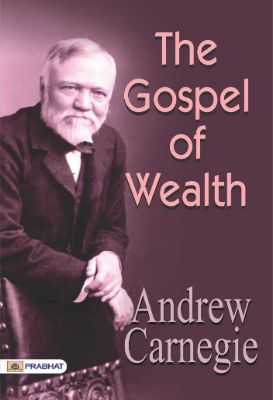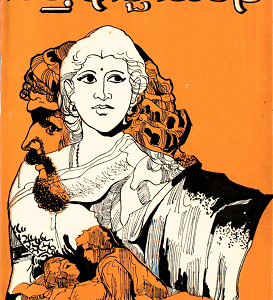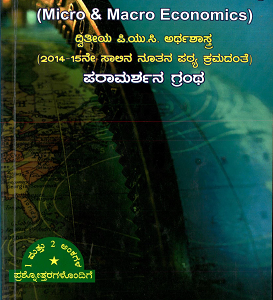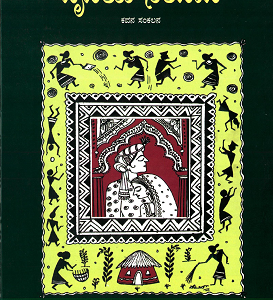The Gospel of Wealth by Andrew Carnegie
“The Gospel of Wealth” is an article written by Andrew Carnegie in June 1889 that describes the responsibility of philanthropy by the new upper class of self-made rich. Carnegie proposed that the best way of dealing with the new phenomenon of wealth inequality was for the wealthy to redistribute their surplus means in a responsible and thoughtful manner. This approach was in contrast with traditional bequest (patrimony), where wealth is handed down to heirs, and other forms of bequest e.g. where wealth is willed to the state for public purposes. Carnegie argued that surplus wealth is put to best use (i.e. produces the greatest net benefit to society) when it is administered carefully by the wealthy. Carnegie also argues against wasteful use of capital in the form of extravagance, irresponsible spending, or self-indulgence, instead promoting the administration of said capital over the course of one’s lifetime toward the cause of reducing the stratification between the rich and poor. As a result, the wealthy should administer their riches responsibly and not in a way that encourages “the slothful, the drunken, the unworthy”.
| Language |
English |
|---|---|
| License Type |
Premium |
| Publication Type |
eBooks |
| Publication Mode |
Online |
Kindly Register and Login to Tumakuru Digital Library. Only Registered Users can Access the Content of Tumakuru Digital Library.
You must be logged in to post a review.

















Reviews
There are no reviews yet.